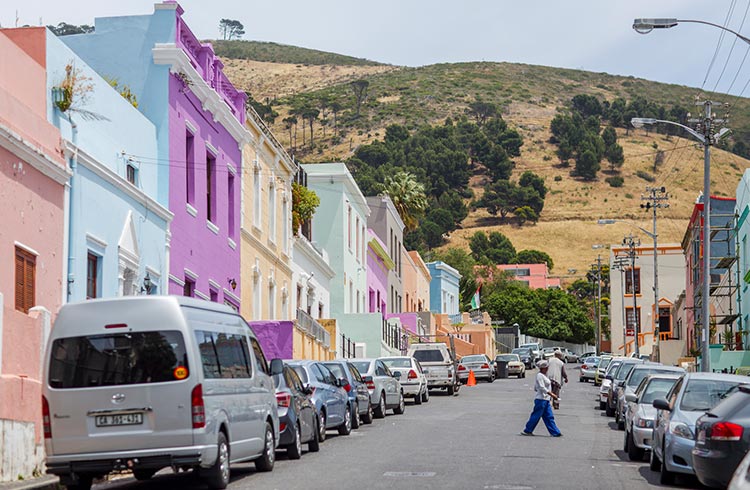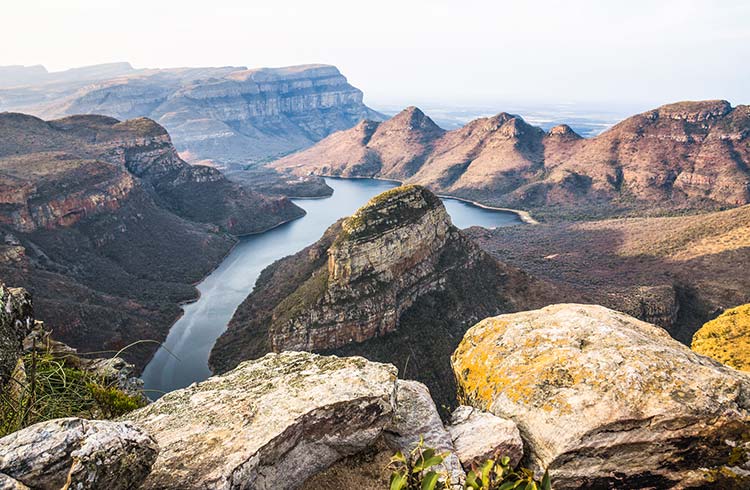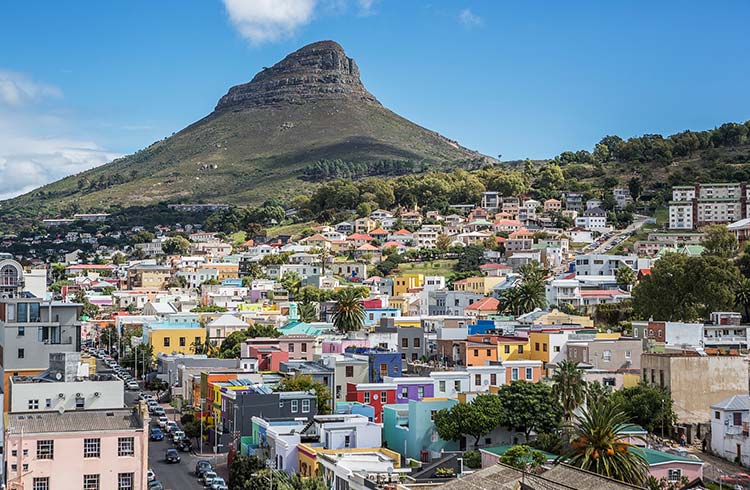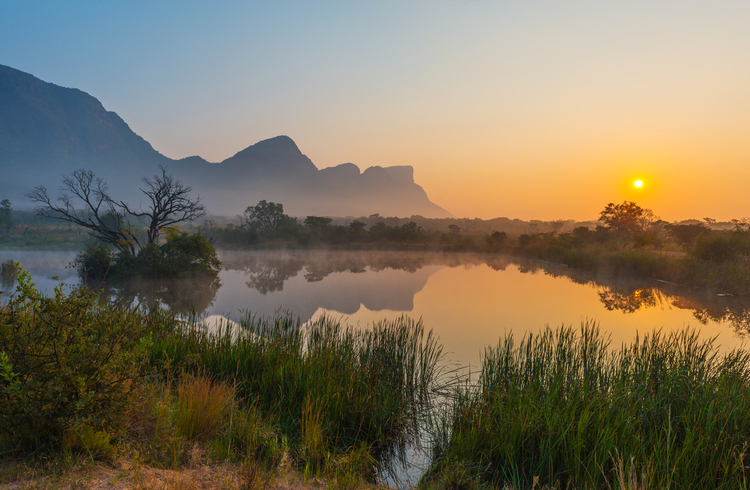7 Common Travel Scams in South Africa: How To Stay Safe
What are the most common scams and rip-offs in South Africa? Before you go, find out about ATM fraud, fake police and unofficial guides.
 Photo © Getty Images/Merten Snijders
Photo © Getty Images/Merten Snijders
- Criminals posing as "tourist police"
- Street beggars
- Friendly people striking up a conversation
- ATM and credit card theft
- Fake vacation apartment scams
- Unofficial guides at national parks
- Roadside scams
Criminals posing as tourist police
One popular scam involves criminals posing as tourist police who rob visitors and extort money from them. They'll often stop tourist buses or tourists at the airport under the guise of checking identification and searching luggage. There is no such division of police as tourist police in South Africa, so don't let them examine your bag, and don't be afraid to ask for identification. However, if the fake police are armed, it's best to cooperate.
Another scam involves fraudulent traffic police pulling someone over for a fake traffic violation, and demanding an on-the-spot fine. It is unlawful for police to request or accept payment of fines on the roadside. Offer to go to the police station to pay the fine.
Look out for street thieves, known as strollers, who will attempt to distract and rob you while you're not paying attention. Keep valuables well concealed and be aware of your surroundings at all times.
Street beggars
Similarly, it’s not uncommon for a con artist to approach tourists looking distressed, telling an elaborate story about needing a couple of bucks for gas or a bus ticket to get home. Don’t stress, use some common sense and firmly tell them ‘no, sorry’, and walk away. Never give money to beggars, here’s why.
Friendly people striking up a conversation
Be cautious of anyone randomly starting a conversation with you. While locals are generally friendly, this is a scam where overly-friendly locals come up to you and start chatting about South Africa, where you’re from, or their personal stories. While you’re having a pleasant chat, their accomplice pickpockets you. If you suspect your "new best friend" doesn’t have the best intentions, politely end the conversation and move to a more crowded area. In addition to this, avoid secluded areas, especially at night.
ATM and credit card theft
Credit card fraud is on the rise in South Africa. Never accept help from a stranger at an ATM, be discreet when entering your PIN, and avoid ATMs that look damaged or tampered with (as well as other ATMs nearby). If the ATM retains your card, contact your bank and block your card immediately. Only use ATMs in banks or shopping malls, and avoid withdrawing large sums of money, especially in busy public areas.
Fake vacation apartment scams
There have been reports of vacation accommodation scams in South Africa. Scammers either create fake accommodation listings, with fake reviews and photos, or worse, genuine listings are copy-pasted onto phony websites (that look like those of an existing, reputable company). Unsuspecting vacationers are then asked to wire deposits or even the full booking amount, and on arrival discover the accommodation doesn’t exist or that other travelers are already staying there.
Here is how to avoid this scam:
- Trust your instincts. If the price is too good to be true compared to other offerings in the area, especially during peak season, there might be a reason why
- Be wary of unusual payment requirements, such as personal bank transfers, Western Union and MoneyGram
- Be cautious of private individuals advertising vacation rentals. Many landlords use online booking websites where would-be guests can check out the property and availability on specific dates
- Once you’ve found suitable accommodation, search for online complaints and reviews. If the property is listed on other booking platforms, check for consistency in address, description and images
- Use Google Maps to confirm the property’s address and to compare the photos used to advertise the property with images from Google Street View.
Unofficial guides at national parks
Beware of locals posing as official guides when visiting a national park in South Africa. They will take you to a remote part of the trail where their accomplices are waiting to rob you. This scam tends to happen mainly on Table Mountain and in the Drakensberg Mountains. Always book a guide through a licensed tour operator.
Roadside scams
Some con artists deliberately cause a road accident with the intention of robbing the victim once they stop the car. If you have been involved in a legitimate car accident, the police will be able to assist and help you out of the situation safely. If you're suspicious this might be a roadside scam (and if it is safe/your car is in a condition to do so), signal to the driver that they should follow you, and immediately drive to a police station or busy public area.
When in doubt, call the police on 10111. For an emergency that requires an ambulance, dial 10177.
Before you buy a travel insurance policy, check your government travel warnings and health advice – there may be no travel insurance cover for locations with a government travel ban or health advice against travel.
Related articles
Simple and flexible travel insurance
You can buy at home or while traveling, and claim online from anywhere in the world. With 150+ adventure activities covered and 24/7 emergency assistance.
Get a quote


No Comments